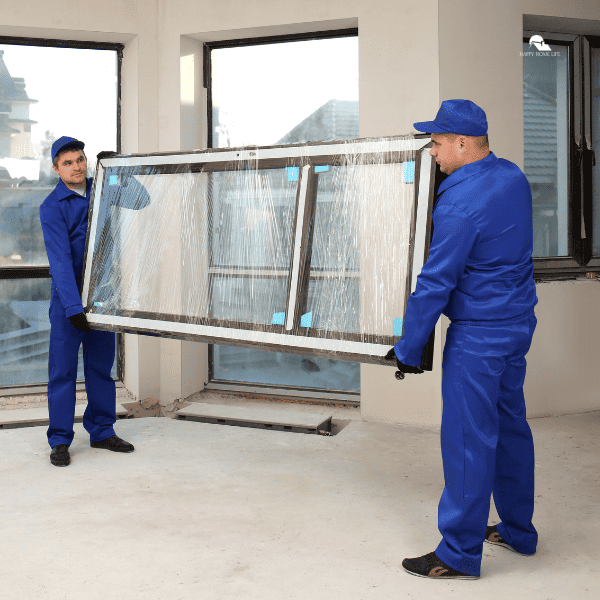Maintaining an HVAC system is a crucial task for homeowners, directly impacting home comfort, energy efficiency, and the longevity of the system itself. Regular maintenance not only ensures that the HVAC system operates at peak efficiency but also helps to prevent unexpected breakdowns that can be costly to repair.
Understanding and implementing basic maintenance steps can save homeowners significant amounts of money and hassle. This guide provides essential HVAC maintenance tips that every homeowner should know, helping to keep their system in top condition year-round.
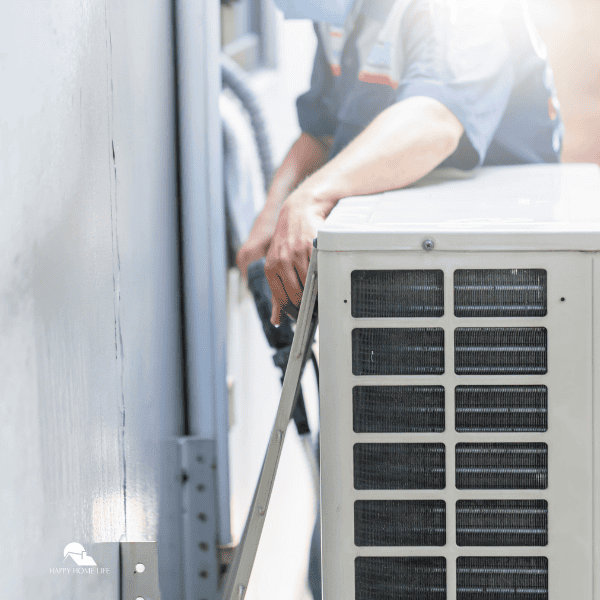
1. Change Your Filters Regularly
One of the simplest yet most effective ways to maintain your HVAC system is to change the air filters regularly. Filters that are clogged with dust, pet dander, and other particles can restrict airflow, causing the system to work harder, which can lead to increased energy consumption and reduced lifespan of the system. It is recommended to change the filters every 30 to 90 days, depending on usage and the type of filter. Keeping filters clean ensures better air quality in your home and keeps your system running efficiently.
2. Professional AC Installation
When it comes to air conditioning, it’s essential to ensure it’s done professionally to avoid future problems and ensure the system is set up for optimal performance. A poorly installed air conditioner can lead to inefficient cooling, increased wear on the system, and higher energy bills. For expert air conditioning installation services, homeowners should contact StoneBridge Heating & Air Conditioning. Choosing a reputable service provider guarantees that your system is installed according to industry standards and is functioning at its best right from the start.
3. Schedule Annual Inspections
To keep your HVAC system running smoothly and to identify potential issues before they become serious, scheduling annual professional inspections is key. During these inspections, a technician will check various components of your system, including the motor, blower, drain line, coils, operating pressures and temperatures, and connections. These annual check-ups can help extend the life of your HVAC system by ensuring that everything is working correctly and efficiently, thus preventing costly repairs and prolonging the need for replacement.
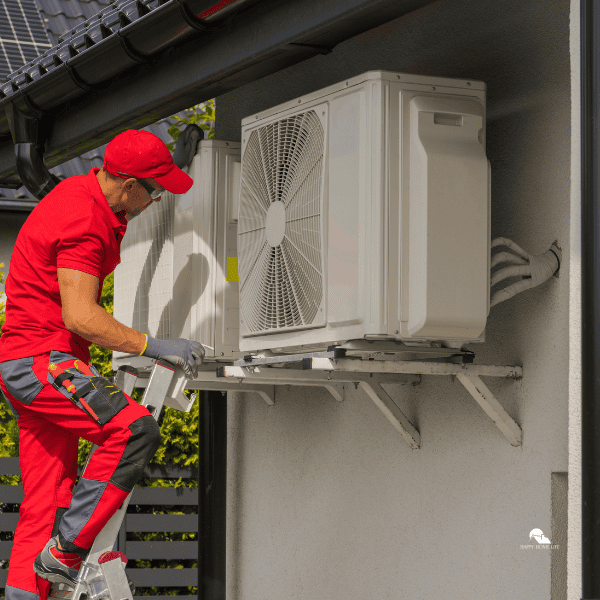
4. Keep the Area Around Units Clear
The external part of your HVAC system, typically the condenser unit located outside the home, requires sufficient space to have unobstructed airflow. Keeping at least two to three feet of space around it clear of any debris, plants, and other obstructions can prevent system inefficiencies and potential overheating. Make sure the area around your HVAC units is clean and clear; remove leaves, twigs, and other debris that might accumulate and block the air intake and exhaust. This simple maintenance task helps ensure your system runs effectively without additional strain.
5. Check and Seal Ductwork
Leaky ductwork can significantly reduce the efficiency of your HVAC system by up to 20-30%. Inspecting your ducts for leaks, holes, and poorly connected segments is an important maintenance step. Sealing these leaks with duct sealant or metal-backed tape can dramatically improve the efficiency and performance of your system. For optimal results, consider hiring a professional to inspect and repair ductwork, especially in hard-to-reach areas. This not only helps maintain the efficiency of your HVAC system but also contributes to consistent indoor temperatures and lower utility bills.
6. Install a Programmable Thermostat
Upgrading to a programmable thermostat is a practical way to enhance the efficiency of your HVAC system. These devices allow you to set temperatures according to different times of the day or for specific days of the week, which can significantly reduce energy usage when you’re not at home. For example, you can program the thermostat to lower the heat or raise the air conditioning temperatures when you’re away at work and to return to a comfortable setting before you arrive home. This strategic control of your HVAC system not only saves energy but also reduces wear and tear on your system by minimizing unnecessary heating and cooling.
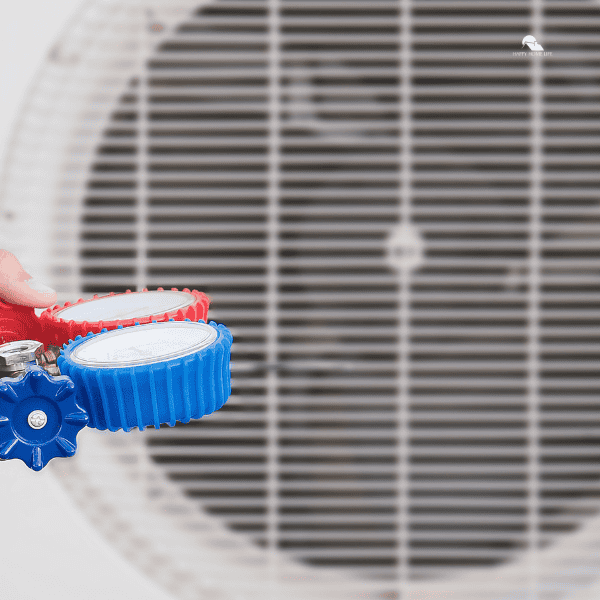
7. Listen for Unusual Noises
Keeping an ear out for unusual sounds from your HVAC system can be a simple yet effective form of preventative maintenance. Sounds like rattling, buzzing, or whistling can be early indicators of mechanical issues, loose fittings, or airflow obstructions. Addressing these noises promptly can prevent more significant problems down the line. If you hear strange noises, it’s advisable to call a professional technician to inspect your system. They can diagnose the cause of the noise and make the necessary repairs before the issues become more serious and costly.
8. Monitor Energy Bills
An unexpected rise in energy bills can often indicate an issue with your HVAC system’s efficiency. If you notice a sudden increase in your energy costs without a corresponding change in your home heating or cooling habits, it could mean that your system is working harder than it should be. This could be due to several factors, such as aging equipment, clogged filters, or duct leaks. That’s where understanding HVAC terms can come in handy, and monitoring your bills closely can help you catch these issues early. This allows for repairs or adjustments to be made to restore efficiency.
9. Maintain a Regular Cleaning Schedule
Regular cleaning of certain components of your HVAC system can significantly enhance its efficiency and lifespan. Key components to focus on include the condenser and evaporator coils, which can collect dirt, debris, and dust over time. Dirty coils make it harder for your system to transfer heat, thereby reducing efficiency and increasing your energy consumption. Cleaning these components at least once a year, or more frequently in dusty environments, can help maintain your system’s optimal performance.
10. Know When to Replace Your System
Understanding when it’s time to replace your HVAC system is crucial. Even with meticulous maintenance, every system has a finite lifespan, typically around 15 to 20 years. Signs that it might be time for a replacement include frequent repairs, declining efficiency, and parts that are obsolete and hard to replace. Upgrading to a new system can seem costly upfront but often results in better efficiency, lower energy bills, and fewer repair costs in the long run.
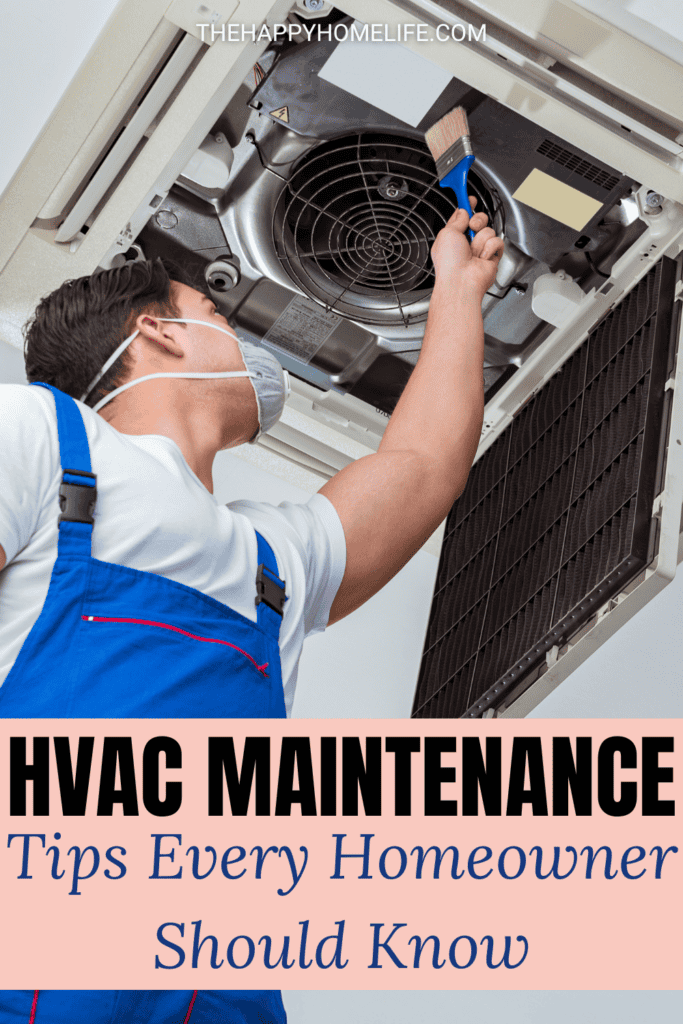
Conclusion
Proper maintenance of your HVAC system is not just about preventing breakdowns; it’s about creating a consistently comfortable and energy-efficient home environment. By following these maintenance tips, homeowners can ensure their system operates efficiently year-round. Regular check-ups, timely repairs, and mindful usage can extend the life of the system, maximize performance, and keep energy costs in check. Ultimately, the key to HVAC maintenance success lies in a proactive approach to care and monitoring.




